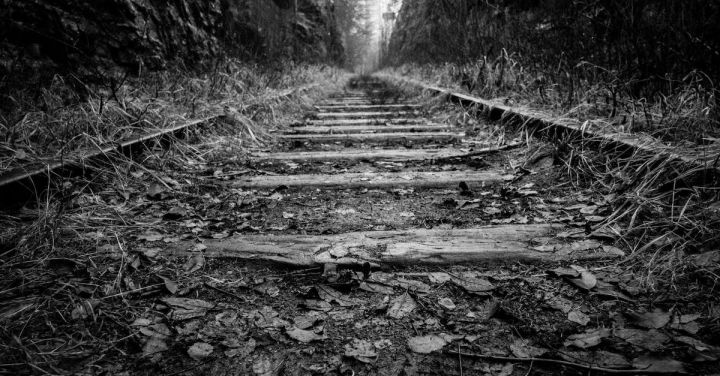Life on the rails, a romanticized and adventurous profession, may seem like a dream job for many. The allure of the open road, the freedom of the tracks, and the thrill of the locomotive can be irresistible. However, beneath this glamorous facade lies a world filled with hidden perils that only those who live the railroaders’ life truly understand.
One of the most significant dangers that railroaders face is the constant risk of accidents. Working with heavy machinery that travels at high speeds leaves little room for error. A momentary lapse in judgment or a mechanical failure can result in catastrophic consequences. From derailments to collisions, the potential for disaster is always lurking, making the job of a railroader one of the most perilous professions.
The physical demands of the railroaders’ life should not be underestimated either. Long hours of manual labor in all weather conditions take a toll on the body. Lifting heavy objects, walking on uneven surfaces, and enduring extreme temperatures are all part of the daily routine. This constant strain can lead to chronic pain, musculoskeletal disorders, and a host of other health problems. The physical toll of the job is often overlooked, but it is a reality that railroaders must face every day.
In addition to the physical dangers, railroaders also face mental and emotional challenges. The nature of the job often means spending long periods away from home and loved ones. The isolation and loneliness can take a toll on mental well-being, leading to depression, anxiety, and other mental health issues. The constant pressure to meet deadlines and adhere to strict schedules can also lead to high levels of stress. The mental and emotional toll of the railroaders’ life is a hidden peril that can have profound effects on the individuals who live it.
Moreover, the railroaders’ life also brings with it the risk of exposure to hazardous materials. Many trains transport dangerous substances, such as flammable liquids, toxic chemicals, and radioactive materials. Accidental spills or leaks can have devastating consequences for both the railroaders and the surrounding communities. The constant exposure to these hazardous materials puts railroaders at risk of long-term health effects, including respiratory problems, cancer, and other serious illnesses.
Lastly, the irregular and unpredictable work schedule of railroaders can wreak havoc on their personal lives. The nature of the job often requires working nights, weekends, and holidays, making it difficult to maintain a healthy work-life balance. The irregular sleep patterns and constant disruption to daily routines can lead to fatigue, relationship strain, and a sense of disconnection from the world outside the railroads.
In conclusion, while the railroaders’ life may seem exciting and adventurous from the outside, it is not without its hidden perils. The constant risk of accidents, the physical demands of the job, the mental and emotional challenges, the exposure to hazardous materials, and the disruption to personal lives are all part of the reality that railroaders face. It is essential to recognize and appreciate the sacrifices and dangers that come with this profession. The next time you see a train passing by, take a moment to think about the hidden perils that are part of the railroaders’ life.
